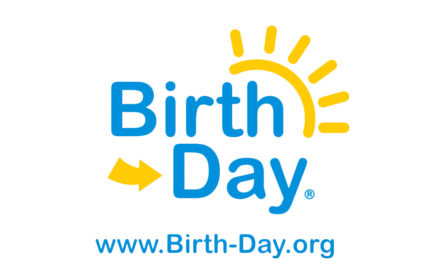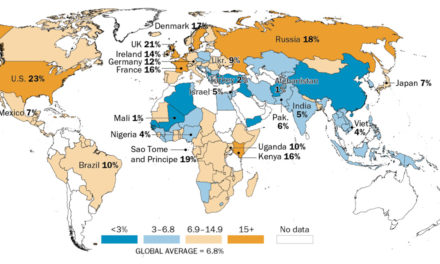The Major League Baseball season kicks off today with a slate of fifteen games featuring all thirty teams.
Opening Day festivities, replete with military color guards, flyovers, ceremonial first pitches and stadiums ringed with buntings and banners are a time-honored tradition dating back to 1876.
But with all the predictable customs this year come some new rules, most of which are intended to speed up an increasingly slower-paced game.
League officials have introduced a “pitch clock” – a timer, of sorts, that will require pitchers to wait no more than 15 seconds between throws if the bases are empty, or twenty seconds if a runner is on.
Additionally, pitchers are allowed two pick-off attempts per batter. If they throw over to a base a third time, and the pick-off attempt is unsuccessful, a balk will be called.
There’s no question the pace of play in Major League Baseball has slowed. Fifty years ago, the length of the average nine-inning game was two-and-a-half hours. Last season, a typical nine-inning game took just over three.
Ironically, though, while the length of a baseball game has slowed down, far too many other things have sped up, and to culture’s overall detriment.
Perhaps the most unfortunate and noteworthy change has been the pace of childhood.
Childhood has been called the most beautiful of seasons – the equivalent of a string of warm and sunny days when the winds don’t blow and the rain never falls. Fred Rogers, the beloved children’s television host, once said, “Play is really the work of childhood” – and he was right.
Once upon a time, children roamed safe and inviting neighborhoods on their bicycles looking to fill seemingly endless hours with kid-sponsored and kid-controlled activities. No “playdates” or parent-scheduled activities.
But childhood is about much more than play. It’s an innocence, a state of mind that’s unblemished by adult themes, challenges, and frustrations. It’s psychological freedom.
Young children shouldn’t have to make sense of senseless violence. They shouldn’t have their minds warped by sexual lies and destructive fantasies of the confused or the activist determined to upend God’s laws.
Holocaust survivor Corrie ten Boon often told the story of traveling when she was a young girl with her father on a train. She had overheard the term “sex sin” and decided to ask him what it meant.“He turned to look at me, as he always did when answering a question, but to my surprise he said nothing,” she remembered years later. “At last, he stood up, lifted his traveling case off the floor and set it on the floor.”
“Will you carry it off the train, Corrie?” he asked.
Corrie went to pick up the suitcase, but she told him it was too heavy for her carry.
“Yes,” he replied. “And it would be a pretty poor father who would ask his little girl to carry such a load. It’s the same way, Corrie, with knowledge. Some knowledge is too heavy for children. When you are older and stronger, you can bear it. For now you must trust me to carry it for you.”
I suspect many adults are completely unaware today of just how much weight we’re loading up on our children’s shoulders. It’s taking its toll, and we’re seeing its effects in many forms, including poor mental health that manifests in suicide, depression, and a general sense of hopelessness. We see it in childhood aggression and agitation. We see it in the loss of sweetness and gentleness and the rise in cynicism and coarseness.
Preserving or restoring the wonder, innocence and gentleness in our children’s lives will do more for our culture than any piece of legislation ever would – and maybe even leave them more time to watch and enjoy a baseball game, whether it’s two, three or even four hours long.
Photo from Getty Images.






